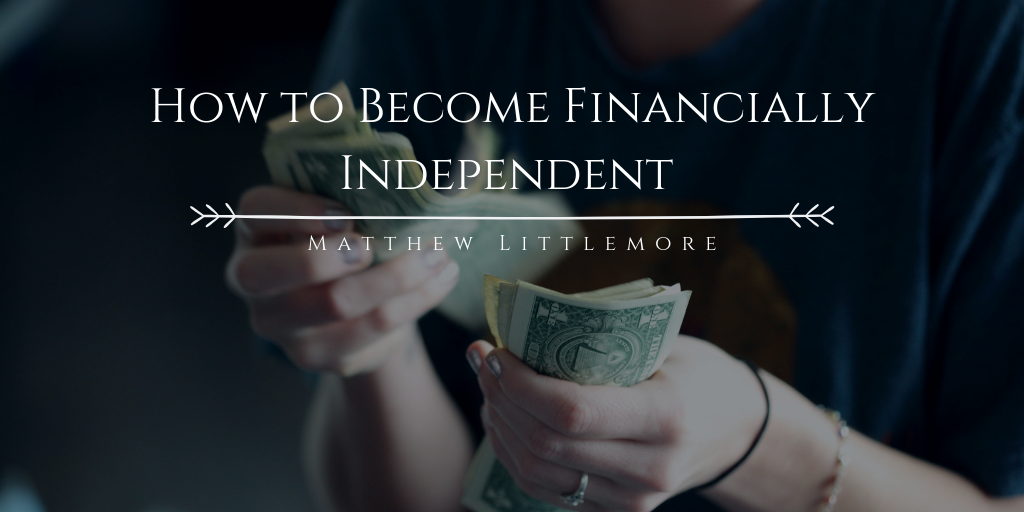One of the leading topics that has recently erupted in the personal finance space is the concept of FIRE. This term is an acronym that stands for Financial Independence, Retire Early. How does a person achieve the pinnacle of financial independence? A few folks are born financially independent, but most people will achieve it through a pretty boring process. Here are some steps to becoming financially independent, absent hitting the genetic lottery.
Make Money
Simply stated, it takes money to become financially independent. The concept of financial independence means that a person no longer has to rely on a job to take care of life’s expenses. This definitely involves money. However, as many mothers have pointed out, money doesn’t grow on trees. Therefore, the vast majority of people will need to make money to become financially independent.
Spend Less Than Income
Some of the money that comes in has to be put aside for long-term savings. No one will ever become financially independent by spending every dollar that comes in. This is because there will be nothing left over for investments. Therefore, it’s imperative for those who want to become financially independent to live below their actual means.
Invest Surplus Funds
Socking any surplus funds into a drawer is not likely to lead to financial independence. There’s a common statement that’s related to investing that summarizes the process of becoming financially independent. Your money can work harder than you can. In other words, money can be put to work and earn additional money. This is the proverbial snowball in action. By putting a little bit of capital to work through investing at periodic intervals, that capital will start to earn some interest or dividends. Those dividends, which will initially be very small, can get added to the snowball. The snowball will become larger and pay out more dividends, which will make the stash even larger. Through investing surplus capital, it’s possible to build an ever-increasing stash of cash, and this increasing pile of capital will eventually lead to financial independence. Once the amount of passive income can take care of a person’s or family’s expenses, they have effectively reached financial independence.
Start Early
Those who start to invest at an early age will have a much easier trip toward financial independence than those who start later. The longer a snowball of investments has to turn over, the larger it will be. Those who start in their teens or early 20s will be able to take advantage of the snowball for a longer period of time, and they’ll have to invest much less on a regular basis than those who start at age 30 or 40.

